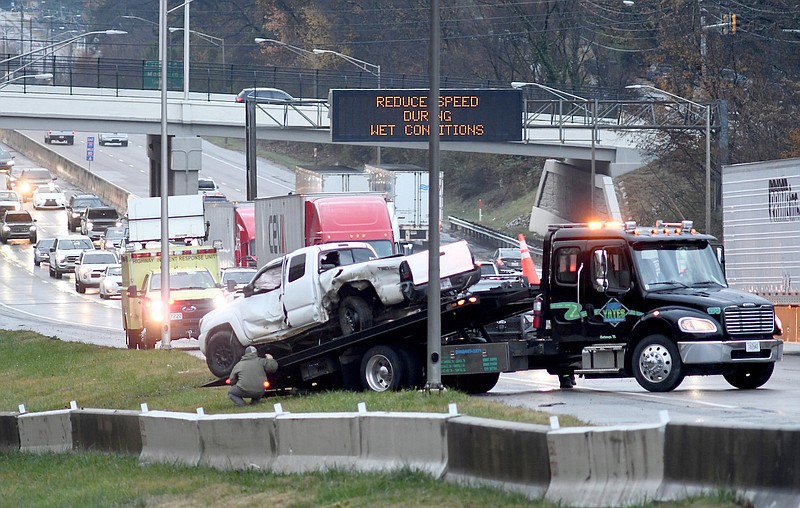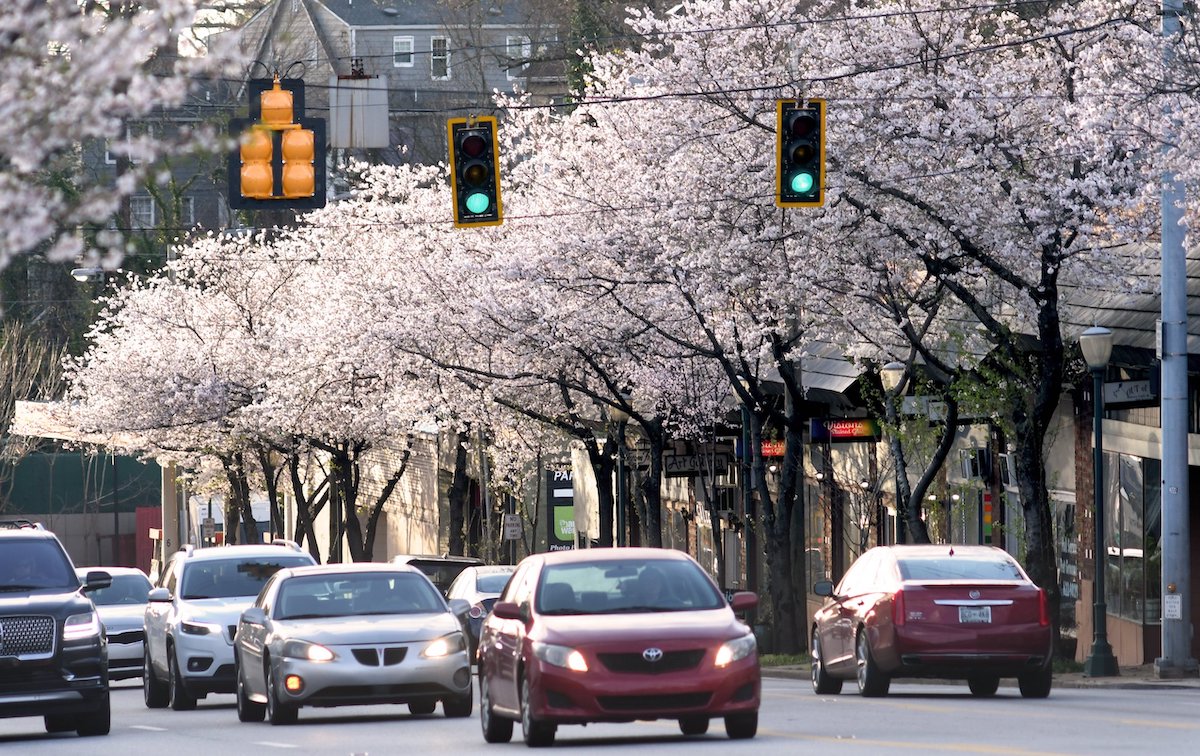After Chattanooga police announced officers will stop responding to car crashes without injuries in the new year, questions remain about how the new policy could affect drivers’ insurance rates and claims.
While police say the change will only affect the most minor crashes, and should not raise rates, others speculate that not having an officer on scene could make determining fault harder and potentially saddle innocent drivers with higher costs.
Police officers don’t actually determine who is at fault in a crash, Chattanooga Police Maj. Daniel Jones said at a media briefing. When officers respond, they will decide and report the crash’s contributing factors, which insurance companies can reference in determining fault.
Tennessee is a “fault” state when it comes to accidents, meaning if it can be proven one driver caused the crash, the driver can be held liable for all the damage. If that can’t be proven, or if the driver at fault doesn’t have active insurance, local injury lawyer Jay Kennamer said the payment will have to come out of out the other driver’s policy, likely raising the person’s rates down the line.
“Drivers in Tennessee, one out of five don’t have insurance,” Kennamer said in a phone interview. “And much less have enough.”
The Police Department policy change is meant to save time for patrol officers, who the department estimates spend a collective 35 to 36 hours a day responding to crashes without injuries that don’t need a tow. Each crash response takes an average of 53 minutes, according to department data. Around 11,400 minor crashes without injuries or towing took place in Chattanooga between November 2021 and October 2022, data shows.
(READ MORE: Train derails in Collegedale after collision with truck carrying concrete)
It could also save drivers time, Assistant Chief Glenn Scruggs said at a news conference, by not having to wait for officers to arrive for a fender-bender.
The policy, announced in late November, will go into effect Jan. 1. Officers will still be required to respond to crashes involving injury or death, hazardous materials, government vehicles, drivers without insurance or who are suspected to be impaired, damage that requires towing, and hit-and-runs.
“We’re not saying that we’re not going to respond to crashes as a whole. We are,” Jones said. “It’s just we’re qualifying what those crashes are that we will respond to.”
Sydney Hamon, a department spokeswoman, said in an email there has been some confusion and negative feedback on Facebook in response to the policy. She attributed that reaction to a general fear of the unknown.
“However, we will eventually see everything go back to normal and people will realize it is a good thing for our department and community overall,” Hamon said Tuesday.
For a crash without injuries after which drivers can move the cars involved out of the road without a tow, the new policy asks drivers to call either 911 or the department’s nonemergency dispatch line to get instructions on what to do. In run-of-the-mill wrecks, they’ll likely be told to take photos and exchange information, then fill out a state crash report.
(READ MORE: $161 million low bid awarded for next phase of Chattanooga’s I-75/I-24 ‘split’ project)
If there are any complications – including drivers without insurance or that may be impaired by drugs or alcohol, or if the situation escalates – the department can still send an officer to the scene.
“If there’s a question, call,” Jones said. “It’s that simple.”
Similar policies were adopted in 2020 in Atlanta, where Chattanooga Police Chief Celeste Murphy was serving as deputy chief, and Knoxville earlier this year.
The Chattanooga department didn’t find any evidence that those changes have led to higher insurance rates, Scruggs said. Hamon said Knoxville has reported a “huge impact” on freeing up officer time since the change.
There hasn’t been an apparent increase in insurance rates in other cities that have stopped sending officers to minor crashes, said Bob Passmore, a vice president of trade group American Property Casualty Insurance Association.
“There’s other ways to document an accident, so it doesn’t really hurt insurers’ ability to investigate claims,” Passmore said in a phone interview. “There could be a situation where police could be helpful, but in most minor fender benders, they’re not able to do a whole lot anyway.”
But the trade-off may be higher costs to the courts, as drivers could turn to lawsuits to recover fees for damages even in noninjury crashes, former insurance adjuster Paul Roland said in a phone interview.
“I think the total cost to society is going to be higher if they don’t respond to minor accidents, but it’s going to come in a different way,” Roland said.
Usually, crashes without injuries don’t end up in litigation, Kennamer said. But many insurance companies require a civil complaint to be filed to establish the basis for a fair offer, the attorney said.
Contact Ellen Gerst at egerst@timesfreepress.com or 423-757-6319.

